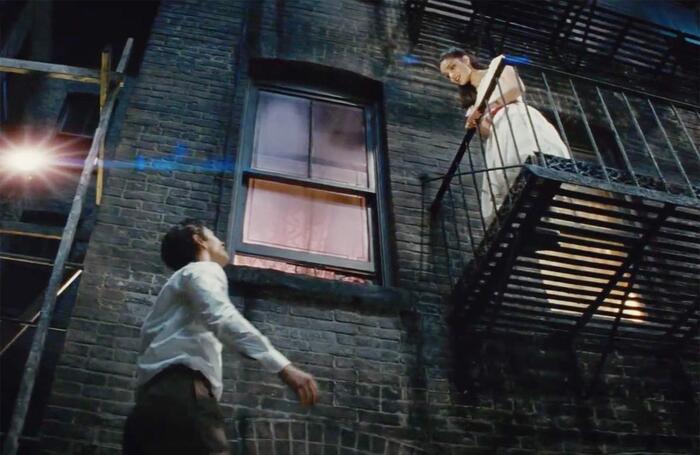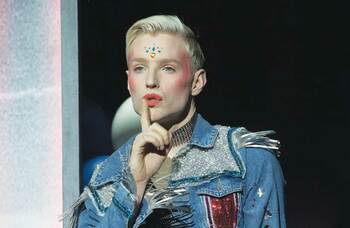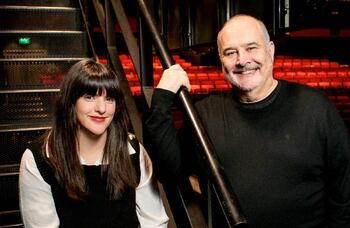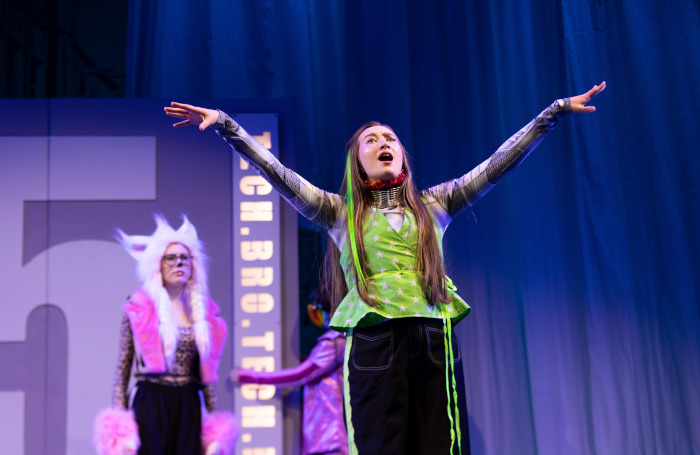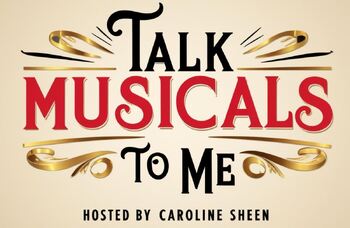Something's coming: West Side Story could be just the start of classic movie-musical remakes
It was a suitably cool move. During this year’s Oscars, Steven Spielberg dropped the trailer for his next hoped-for blockbuster. Cunningly shot and smartly edited, it features not one word of dialogue, not even a voice-over telling us: “In a world…”. But what it does have is music. And when I tell you that it features Rita Moreno singing lines from the song Somewhere, you’ll know this is the long-expected remake of West Side Story.
Covid having scuppered its original release, the film, with a screenplay by Tony Kushner, will hit US screens on December 10. If anyone is worrying about the score, fret not: it will feature Leonard Bernstein’s original music and Stephen Sondheim’s lyrics, all freshly choreographed by Justin Peck.
From the moment this remake was announced, people have rushed to defend the 1961 version that won a staggering 10 Oscars and provided an original soundtrack album that sat at No 1 in the album charts for 54 record-breaking weeks and was the bestselling album of the decade. The term ‘classic’ is bandied about, but when feeling the energy burning off the big screen, that term seems utterly valid.
Yet for all its glories – chiefly, the dynamic dance and the score’s dramatic power – there are problems. Chief among them being the casting. Back then, casting white actors with brown make-up to play the Puerto Rican Sharks (versus the American Jets) was barely commented upon. Things are rightly different in 2021.
But no matter how hard directors Robert Wise and Jerry Robbins, cinematographer Daniel L Fapp and editor Thomas Stanford worked to engineer something, the chemistry between Richard Beymer’s Tony and Natalie Wood’s Maria fails to ignite, let alone smoulder. Not only are they both dubbed (by Jim Bryant and Marni Nixon), which keeps us at one remove, but Wood had tried to get Beymer taken off the film and, according to co-star Russ Tamblyn, had him on a ‘hit list’ of those who displeased her pinned to her dressing-room wall. The result of their dislike is a hole in the picture where their passion should be.
Whether it works or not, the film will join an exceedingly small group. Excluding the succession of Disney singing-animations being given live-action treatment, the list of big-screen musical remakes is headed by The Jazz Singer, 1927’s groundbreaking silent film with a synchronised score. That starred the legendary Al Jolson and was remade with Danny Thomas in 1953, with Jerry Lewis in 1959, and Neil Diamond in 1980. But made-for-TV versions aside, the only other major contenders are Show Boat (1936, authentic, vividly cast; 1951, lavish and politically sanitised) and Annie (1982 and 2014). And, of course, A Star Is Born.
First filmed in 1932 by George Cukor as the non-singing What Price Hollywood?, the story resurfaced five years later as A Star Is Born. Cukor returned to the property in 1954, now armed with Harold Arlen and Ira Gershwin’s dynamite score, plus a matchless Judy Garland and James Mason. Barbra Streisand wanted Elvis Presley for her 1976 remake but Presley’s manager Colonel Parker priced him out of consideration, so she went ahead with Kris Kristofferson. And in 2018, Lady Gaga and Bradley Cooper had their turn.
There’s a good reason why Marlon Brando was in just one musical
All this has me thinking: no one with a brain should even dream of remaking sublime movie-musical masterpieces such as Meet Me in St Louis, Singin’ in the Rain, Les Parapluies de Cherbourg or Cabaret. But elsewhere, justice is waiting to be done.
Part of me – the part not responsible for losing gazillions of dollars – would love to see a remake of Lerner and Loewe’s Brigadoon, shot in contemporary Scotland with accents far removed from those mangled by Cyd Charisse and friends. More seriously, although Guys and Dolls was filmed with Frank Sinatra and Jean Simmons, there’s a good reason why Marlon Brando appeared in only one musical.
Sinatra was also in the underwhelming film of Rodgers and Hart’s Pal Joey, a story that could easily handle far more grit and sex in 2021 than 1957 allowed. And what about Porgy and Bess?
Due to issues with the rights holders, the 1959 film starring Sidney Poitier, Dorothy Dandridge, Sammy Davis Jr and Pearl Bailey has long been withheld from distribution. Contemporary politics wouldn’t consider remaking this product of an all-white writing team with characters now deemed stereotypical, but I wish a politically sensitive context could be created for a screen version allowing movie audiences to revel in that magnificent score.
Opinion
Recommended for you
Advice
Recommended for you
Most Read
Across The Stage this weekYour subscription helps ensure our journalism can continue
Invest in The Stage today with a subscription starting at just £7.99
 David Benedict
David Benedict